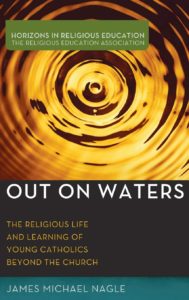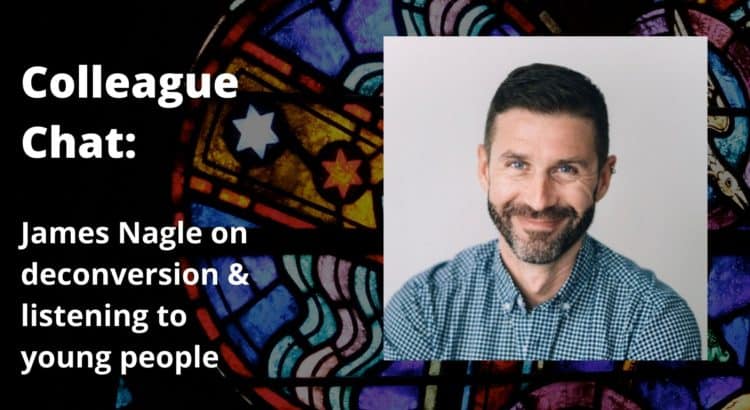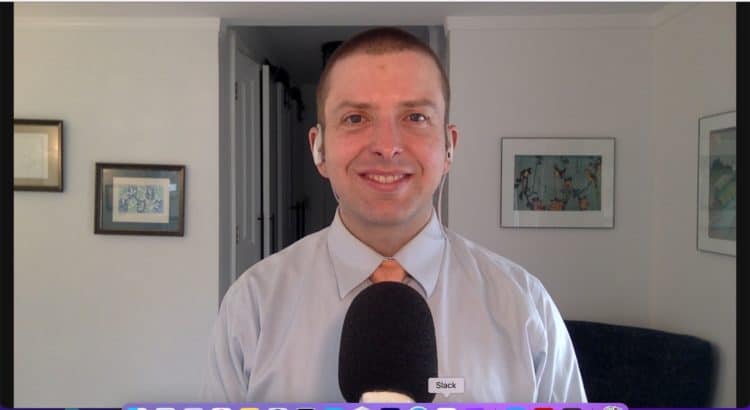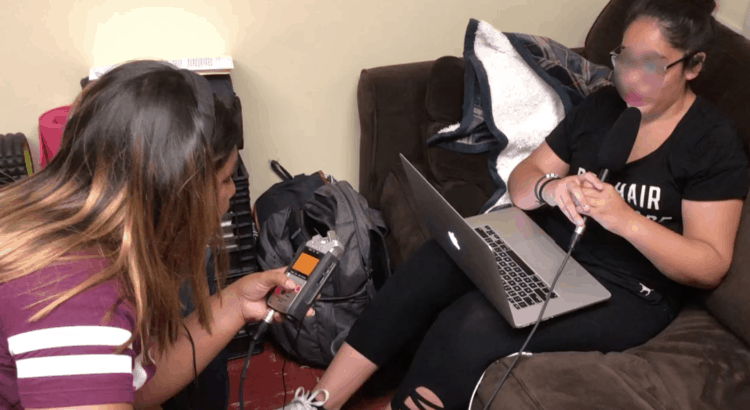Part of what excites me about audio scholarship is getting to share and engage with other researchers’ ideas in their own words and their own voices.
In every academic field in which I’ve studied and contributed (education, ministry/theology, engineering), I’ve always been puzzled by the disconnect between how research actually happens and how we recognize it.
It’s generally harder to get a piece of research published in a peer-reviewed journal than it is to get it accepted to a conference. And so journal articles tend to be what tenure committees, etc., seek out and reward.
But I’ve always found myself being much more impacted by others’ ideas— and I think also able to impact others with mine—through the more verbal and visual presentations that happen at conferences and similar spaces.
Of course, I’m all kinds of biased.
I’m an Enneagram 2, so I process the world through relationships and interpersonal engagement. I’m a media scholar, so I tend to find the format and affordances of text-dominated articles to be pretty restricting and unsatisfying. And as my mother wrote to my third grade teacher in a “tell me about your child”-type informal assessment, “Kyle would rather talk than write.” Still true.
Nevertheless, as I say in the introduction to the second interstitial bonus episode of my dissertation podcast, Becoming Tapestry, the writing/text-centric view of research feels to me to be something of a distortion of scholarly reality. Or perhaps it’s better to say that it doesn’t give the whole picture.
Scholars develop ideas in large part by talking them out in meetings with colleagues, by sharing them with their students in the classroom, by following where a conversation leads in synchronous spaces and not just asynchronous feedback requests and peer reviews.
I’m not arguing that the latter aren’t important. But I do believe the process is as important as the product in academic research, and the process is much more likely to involve talking.
So I’m delighted to present as part of Becoming Tapestry this “colleague chat” with my dear friend and fellow religious education scholar James Nagle.
We spoke in 2019, after my talk introducing the idea of faith-adjacent pedagogy, about where our work intersects.

Nagle teaches in and studies Roman Catholic high schools. He challenges Christian leaders of all stripes to think about the disaffiliative trends I discuss in episode 1 through lenses other than loss, failure, or departure.
Nagle also reminds us there’s a lot to learn from the young people on this journey. (Though of course it’s not just young people walking the disaffiliative path.)
People who “deconvert,” to use the term he engages with, often do so for religious reasons, and there are usually still marks of “religiousness” remaining in their lives and habits even when they become Nones or even atheists.
In short, Nagle and I are both interested in the educational possibilities that emerge around the edges of faith community boundaries and beyond binary, “in or out” notions of religious identity.
In this conversation, we had fun exploring Nagle’s work and chatting a bit about how mine relates to it. I’m grateful for the chance to show forth this mode of playing with ideas and making new knowledge, and of course for my friend’s willingness to play along with me.
And I hope, whatever your affiliation, you’ll check out his book Out on Waters: The Religious Life and Learning of Young Catholics Beyond the Church.


